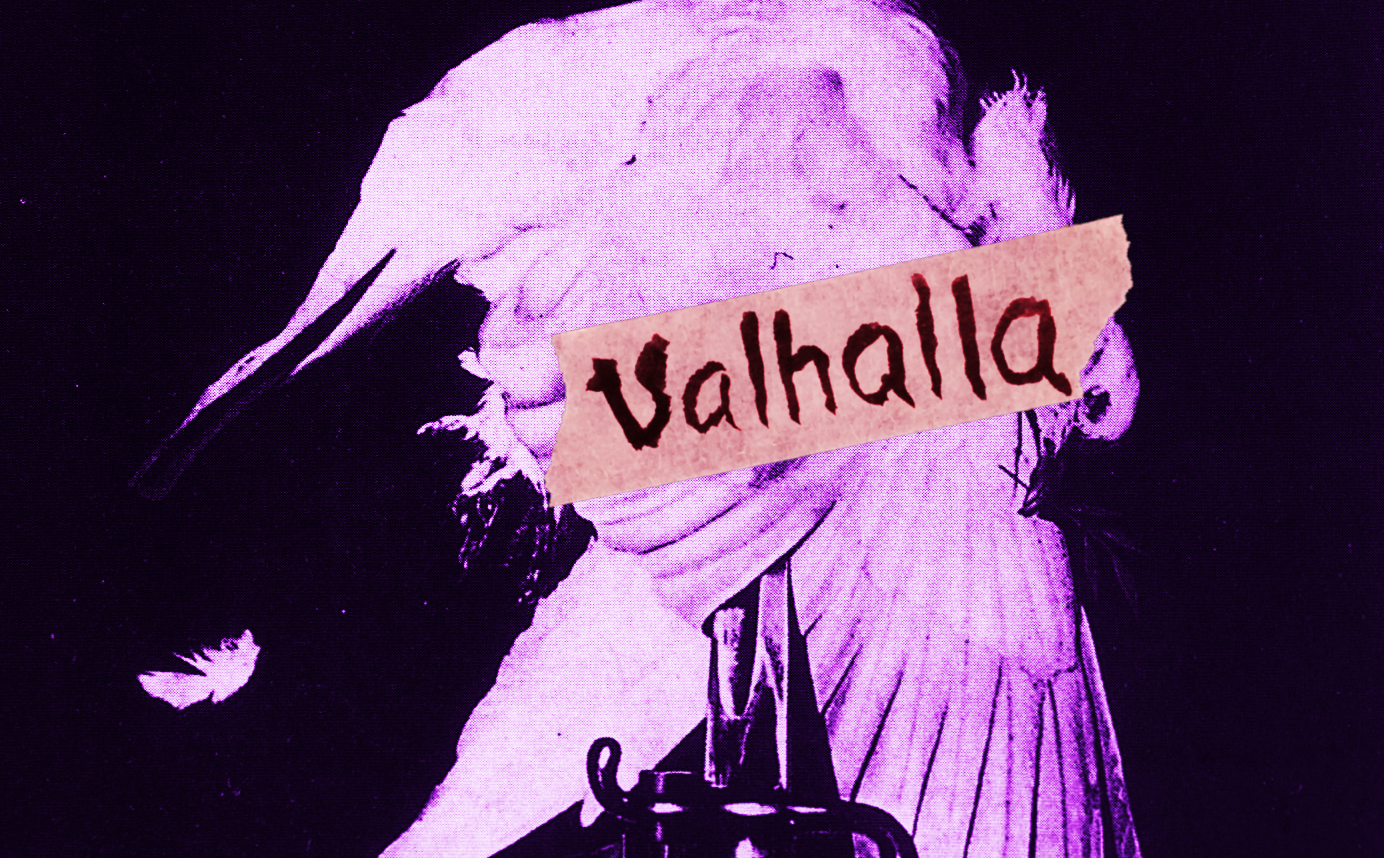For king and country
Judging from the sources, their assignments were as varied as they were dangerous. Ranging from downright political assassination to sabotage, the confiscation of property, kidnapping and espionage. The sagas paint a picture of gritty shock troops with license to kill, going behind enemy lines to exterminate strategic targets, even in the midst of an army, which must have required tremendous military skill. They existed all over the realm, and were required to be on the lookout for any military or political threats to the king. Wherever such enemies were spied, they ought to try and kill them, or so the King's Mirror says.
The Book of the Retinue, however, gives the impression of a more organized force, and being the younger of the two texts, it might point towards a formal development to regulate the guests' behavior more strictly. For example, instead of outright executions, guests should ideally abduct their targets and bring them before a priest to perform their last rites, before ultimately taking them to an executioner. Several accounts reveal that this wasn't always carried out, and many a man's political ambitions must have ended with their guts spilling across the business end of a guest's blade, or dangling from a tree in the forest, as is purported to have been the fate of one particular band of Swedish interlopers.
The guests enjoyed many perks otherwise out of reach to people of low birth. As the king's men they qualified for tax exemption, and crimes against them punished more harshly. They were probably rewarded with properties and special services exclusive to veterans in the king's service. This, along with the brotherly security that came with being part of Norway's elite licensed killers, must have earned them some notoriety.
Loot to kill
Despite being representatives of the king, these professional party crashers didn't always have the best intentions. The aforementioned law code expressly states that the guests couldn't confiscate anything that wasn't directly relevant to their mission. It seems likely that this amendment was a reaction to the guests being a bit too eager to loot and kill. Some thirty years earlier, the King's Mirror claimed that the guests were allowed to keep all the loot they could carry from assassinations (apart from gold, which was forfeited to the king). Such abuse of their position was evidently not acceptable from the 1270's on. Thus we might speculate that guests were using their license to kill to line their pockets.
Like other agents of some majesty's secret service, ill treatment of women is also an issue here. The law code takes special concern for guests on the subject of robberies and women's safety, suggesting a history of sexual assault and larceny within their ranks. All in all, the guests had a reputation for being rowdy and dangerous.
This leads us to the other ethical conundrums of being a contract killer in Norse culture: The guests could only do as they did because they acted on behalf of the highest authority in the country, namely the king. Otherwise, Norse culture frowned upon clandestine activities of any kind, and the deeds of the guests could easily have been condemned as cowardly and unmanly, had they been performed by any other member of society. The mere act of accusing someone of being unmanly was a defamation that could legally get you killed, so this was no small matter. Norwegian society in the 13th century was a transparent one, centered around family ties and a strict code of honor/shame ethics. Between the viking era and the better part of the high middle ages, killing someone was somewhat excusable as long as you openly admitted to it and accepted penalty. Covert killing was, at least in most cases, considered dishonorable, and would qualify a person to outlawry by default. This was effectively a death sentence back then. The fact that guests sometimes had to resort to such methods may explain why this position was reserved for low-born people, as it seems out of step with the chivalric ideals of 13th century nobility. Despite all this, the guests seem to have been highly respected and trusted confidants of the king.
As a guest you might be torching a political opponents house one day and delivering mail the next, with all the immunity of a government agent. Not much has changed in 800 years, has it?










